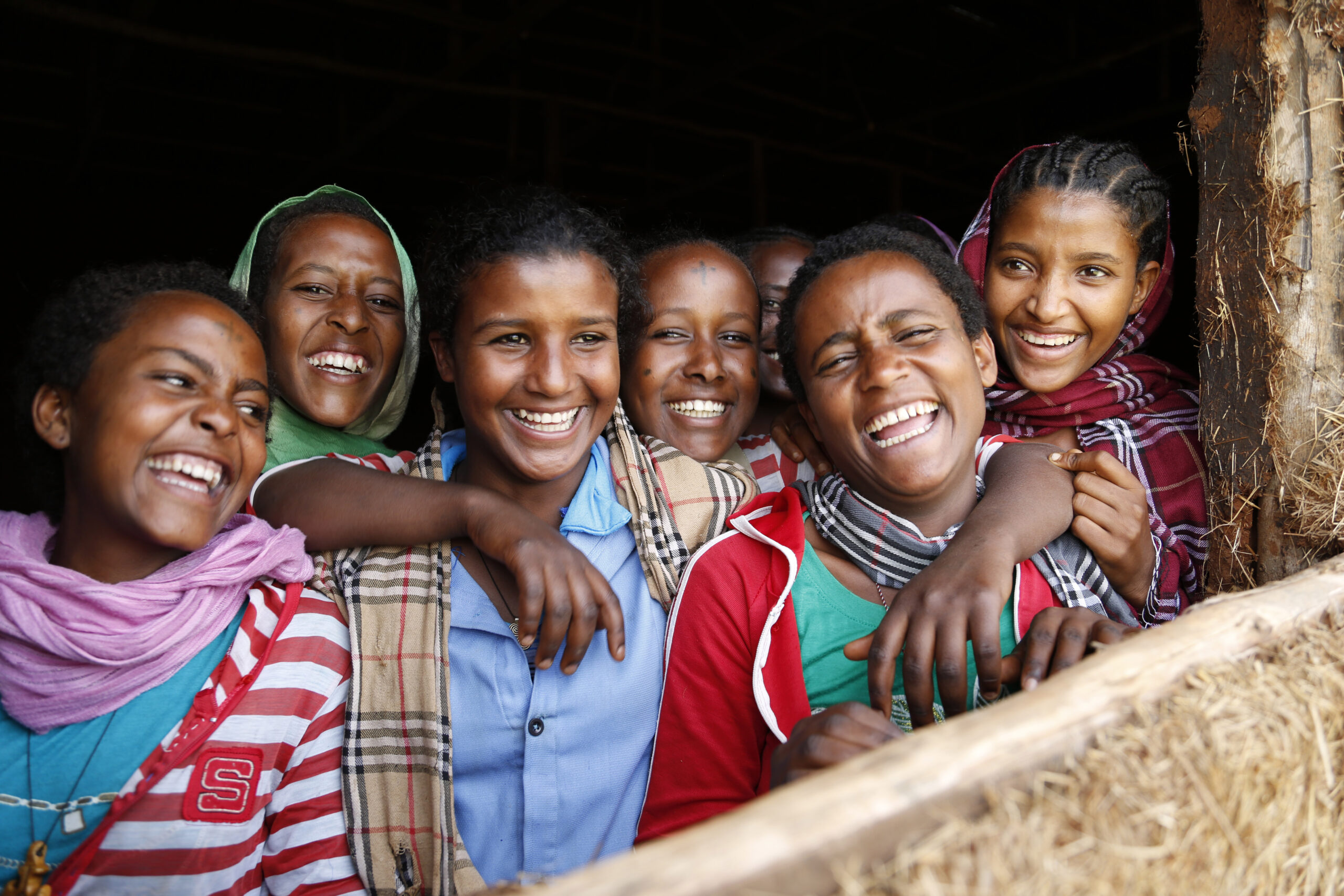CEO Insight: Deadly Justice

The death penalty is perhaps one of the most profound and contentious issues in the global landscape of justice and human rights.
According to Amnesty International, over 55 countries still carry out executions, often under conditions that lack transparency and fairness.
The stakes could not be higher, as the death penalty, by its very nature, is irreversible. One wrongful conviction is one too many.
The death penalty is not an abstract concept. Behind every statistic is a person—victims, families, those on death row, and their loved ones.
In some cases, as Andrés Pérez, from the Rule of Law and Democracy Section in UN Human Rights, highlights in a recent article, families of victims feel retraumatized by another killing related to their case.
“It’s essential for the enhancement of human dignity and the progressive development of human rights, that we continue to build a global culture that moves away from violence and death as a supposed measure of justice,” he explains.
The death penalty is not just a legal issue; it is a social, moral, and economic issue. It disproportionately affects the poor, minorities, and marginalised communities – those least able to access quality legal representation.
These stark realities highlight the need for legal systems that uphold the rule of law and ensure fairness at every stage of the process.
Progress and Challenges
During the past 25 years, we have seen reason for hope. The number of countries that have abolished the death penalty is now 112. There are 55 retentionist countries that have retained the death penalty in law and practice, and 25 abolitionist de-facto countries, those who retain the death penalty in law but have not exercised it in over a decade. The latter category of countries is closer to a full abolition than ever before.
However, there is still a long path ahead with an increase in sentences carried out, most notably in Saudia Arabia and Iran, where the number of executions is increasing at an alarming rate.
A4ID is committed to limiting the application of the death penalty. So far A4ID has supported our development and legal partners in their efforts to limit the application of the death penalty in eight countries. These efforts resulted in:
• The clemency of 22 death row prisoners in Malawi.
• Locating dozens of lost files of death row prisoners in Uganda.
• The Kenyan Supreme Court’s 2021 judgment declaring the mandatory death penalty unconstitutional.
• A successful resentencing project in Sierra Leone.
• The passing of an amendment bill in Pakistan abolishing the death penalty for drug related offenses.
Collaboration
This progress, like that of the past 25 years, has not been linear. That’s why it is important to join forces with others engaged in the fight to explore how to leverage legal expertise to address the many changes needed.
This month A4ID, under its ROLE UK Programme, held its second Roundtable on Limiting the Application of the Death Penalty with partners and stakeholders from Pakistan, Kenya, Malawi, Indonesia, Malaysia, Sierra Leone, Tanzania, and Uganda to share experiences. We were also joined by new partners from Malaysia and India.
Lessons Learned
The event highlighted regional developments, shared lessons from specific countries, and explored key sub-themes such as forensics, mental health, and diplomatic interventions.
A key barrier that emerged from discussions is inertia on challenging the death penalty due to the overwhelming public perception favouring retention. It is vital that this is addressed so progress can be made and sustained. To do this we need to leverage public opinion research to inform advocacy campaigns.
We also discussed the need for constitutional reforms to be prioritised to safeguard against reversal, as we have seen abolition, or a moratorium can be revoked as has happened in Pakistan and Myanmar.
And we explored how DNA evidence and forensic science has a role to play in fair sentencing and reliance upon mental health assessments in mitigation.
The Way Forward
What was clear is that abolition or reform of the death penalty needs strong cross-sector and cross-regional collaboration. It requires persistent advocacy, robust legal strategies, and a deep understanding of local contexts. And from our work with our partners, we know there is still much work to be done.
The law is not just a framework for adjudication; it is a framework for change. Whether through providing pro bono legal expertise to draft legislative reforms, supporting grassroots organisations in their advocacy efforts, or leveraging our global network to share knowledge and resources, A4ID remains committed to the belief that justice can be achieved without resorting to irreversible measures.
Human Rights
The global network of pro bono Human Rights lawyers dedicated to assisting individuals in some of the poorest regions in the world is at its greatest level of sophistication in history.
At A4ID we are dedicated to improving this global network; to keep pushing the limits of what can be achieved by putting the world’s best lawyers in direct contact with the individuals that need them most.
Human Rights are increasingly under threat. Erosion of human rights and/or civic freedoms ranks 9th on the WEF 2025 Global Risk Register. Recent events across the globe only serve to remind us how fragile freedom and rights can be and how vital it is that we fight to uphold them.
Much is at stake. And as we highlight those who need our help, we must also remember those that provide help and who, in the pursuit of defending Human Rights, put themselves in the path of danger.
Last month saw events to support International Day of the Endangered Lawyer – an opportunity to draw attention to the plight faced by lawyers in the exercise of their profession.
Each year the campaign focuses on a particular country, and encourages action by government officials, international institutions, civil society, the media and the public.
The spotlights fell this year on the persecution of lawyers in Belarus, who face systematic harassment and interferences with their professional activities.
Across the globe, the fight continues and at A4ID we remain committed to enabling this vital work.
Find out more about our work on Human Rights.

